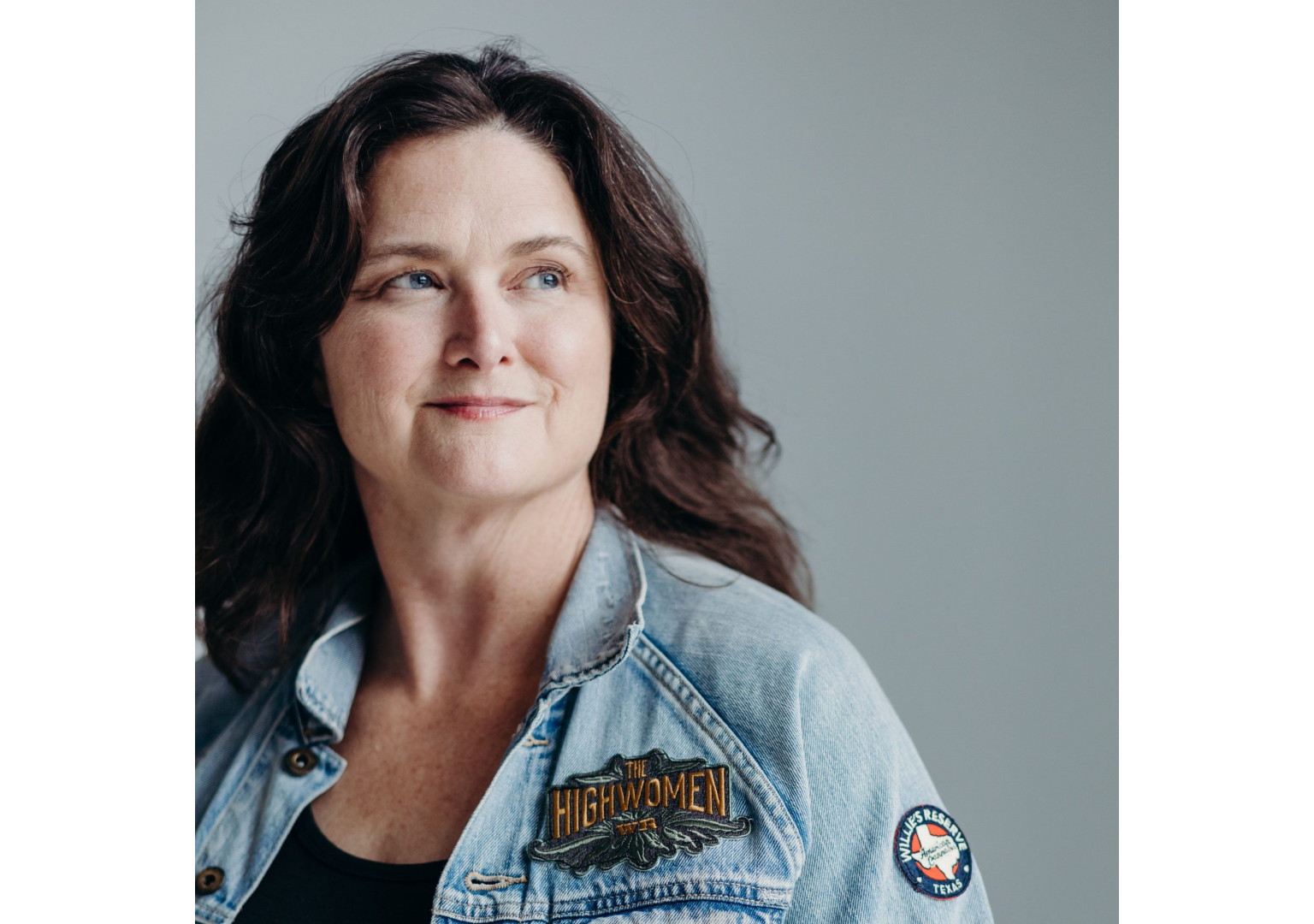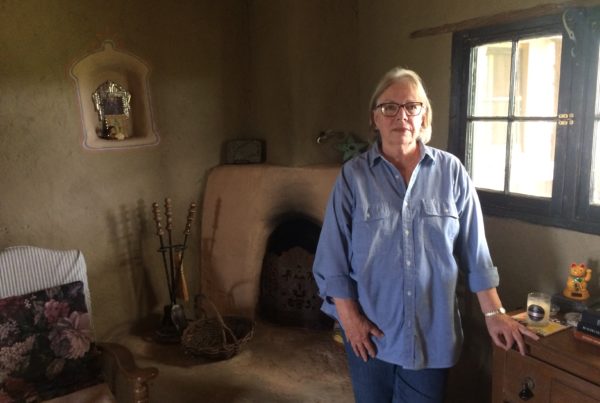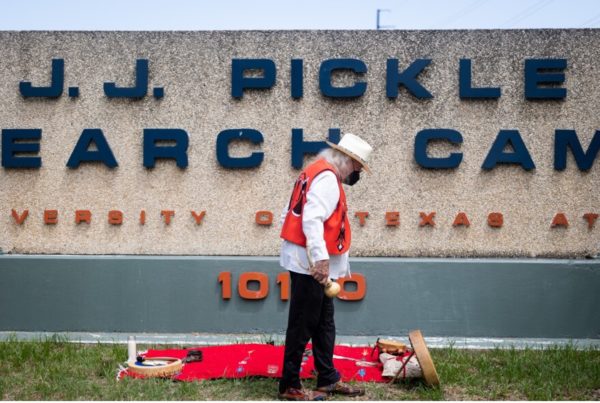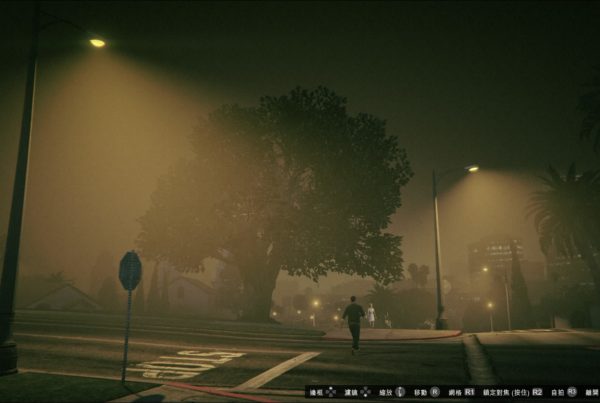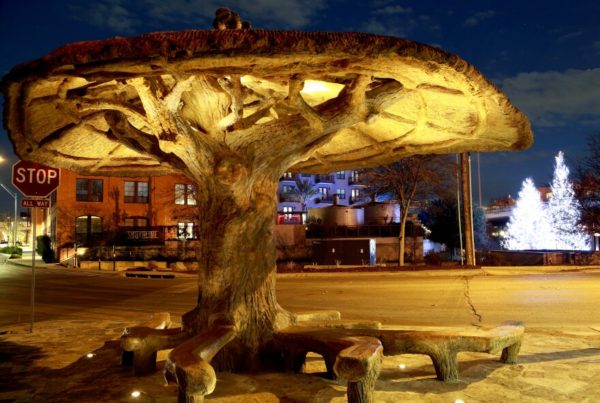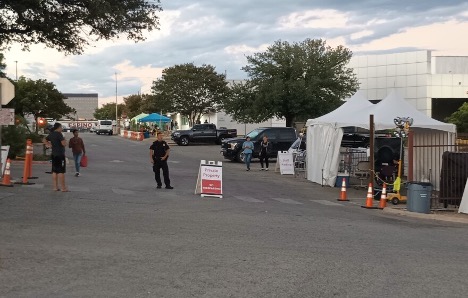This November, voters will decide contests for a number of statewide offices, from governor to attorney general. Agriculture commissioner is also on the ballot, with incumbent Sid Miller, a Trump-backed Republican, facing Democrat Susan Hays.
Hays’ campaign issues include rural economic development, expanded health care, marijuana legalization and fighting corruption. She spoke with the Texas Standard about why she, a progressive, has decided to challenge a conservative incumbent in a deep red state. Listen to the interview above or read the transcript below.
This transcript has been edited lightly for clarity:
Texas Standard: You’re a Democrat running in a largely conservative state. Your opponent is an incumbent with a whole lot more name recognition. But he does have the support of some high-profile figures on the national stage, including Donald Trump. What influenced your decision to take on Sid Miller?
Susan Hays: Seeing how poorly that agency is run and the notorious graft and corruption. I helped draft and pass the law that legalized hemp in Texas, and the ag commissioner regulates the hemp program and it was going through its rulemaking process. So I went to hearings, got to know some of the staff, and it was just a hot mess. A lot of what I witnessed has now led to the commissioner’s political consultant being indicted for trying to sell $100, unlimited hemp licenses for tens of thousands of dollars to the unwitting.
Well, you know, these things can happen in fairly large agencies and departments. I was thinking when you were talking about drafting the hemp law – Miller embraced it, as I recall now.
Yeah, he did. But, you know, he wasn’t much help. And at the time we really needed some better regulations out of USDA. Trump was in power, and Sid was an early Trump supporter. But I watched him not be able to change anything, not be able to use the power you’d think he’d have as a Trump guy.
RELATED: A conversation with incumbent ag commissioner Republican, Sid Miller.
Well, it seems like the biggest issue that you were running on, and correct me if I’m mistaken here, is rural development. Why does this factor so largely in your campaign?
Well, I grew up in rural Texas. I was in a county that had kind of a regional hospital that used to be locally controlled – it’s now privately held and poorly run. Hospitals are failing all over Texas. [My husband and I] largely live in Alpine, and we spent the pandemic watching nervously. And out there, there’s three counties that share one hospital with 25 beds and only three ventilators. And you’re hours away from your next best option. And so this office – and who knew? The ag commission has a rural hospital program. The State Office of Rural Health is there and rural economic development. And there’s a lot of potential in those programs. So a big reason I wanted to run was to take those programs out of the basement, beef them up, and work night and day to try to save rural health care in Texas.
Well, you anticipated what I was going to ask, because when you started talking about hospitals, I thought, agriculture commissioner, really? It sounds like maybe the Legislature would be more of a fit, if you’re talking about the kind of sweeping changes you’re suggesting.
You know, at times statutory changes are needed. But a big part of this job is pulling down those federal dollars for economic development programs or health care.
You describe yourself as the first cannabis super lawyer. What does that title mean?
Super lawyer is sort of a private promotion and branding deal that’s been around for some time. I’ve been a civil appellate lawyer for some years, and as I shifted my practice, I was named ‘super lawyer” in the cannabis category.
So what would you like to see Texas do, and how would your role as agriculture commissioner fit in there?
We need to quickly, fully expand the medical cannabis program, and then we also need to both decriminalize and legalize. And when we say legalize, that doesn’t necessarily mean hippies running wild in the streets, which I think is what a lot of haters might visualize. Instead, it means having a healthy regulatory regime that makes sure the products consumers can access are safe and accurately labeled.
How is this playing out in socially conservative Texas? Not only are you campaigning in rural Texas, which has a history of being rather socially conservative and politically conservative, too. Now you’re going out there saying, ‘I believe in rural Texas, I want to legalize marijuana.;
It’s amazing how popular it is. And if you look at polling data, medical [marijuana] is almost perfectly bipartisan and it’s high support. For legalization, there is a partisan split, but Democrats and independents want to see it legalized, and an increasing number of Republicans want to see it legalized. And the other reality we need to deal with is that cannabis products are already here. And not just traditional criminal black market, but PTA moms from Dallas come from Colorado with products. And nobody wants to throw them in jail for that.
But something that I’m hearing you talk about, though, are these sort of political and broader social implications, when it comes to criminal justice, all of those implications. As an agriculture commissioner, what we’ve heard…
Why is it my job?
Well, I mean, I wouldn’t ask that question on the nose. However, we’ve heard from Republican Sid Miller about things like abortion, Second Amendment, property taxes and obviously part of the larger political conversation, to be sure. And yet, you think about, well, what about the ag department? Are you suggesting that marijuana is a reasonable cash crop for growers here in Texas? I mean, there are a lot of hemp farmers who feel that they’re sort of high and dry. They’ve not made a whole lot of money on hemp.
And yeah, the cannabis markets, like any new market, are very volatile. On top of that, in this growing season, we had the drought and that devastated the cotton crop. It also hit the hemp crop. But long term, as the markets stabilize and government action absolutely plays a role in market stabilization with cannabis, it does provide an opportunity for a high-value crop where a farmer can make a living off a relatively small amount of land if they get good at growing it. And it’s not as easy to grow it and grow it well as people might think. So it is absolutely the job of the AG Commissioner to look for new economic models for agriculture and promote them.
You know, we’ve reported on this. There are a lot of farmers in Texas, family farms that go back generations, and there are a lot of farmers sitting at dinner tables late at night going through the bills, and they just don’t see how they can stay in business. What can you tell them that might convince them to vote for a Democrat for this position?
The job of this position is to bring as many federal dollars back to Texas as possible. And one thing about the ag industry that many outside of it don’t fully get or haven’t been exposed to is ag is a heavily subsidized industry. And it’s not because we want giveaways to farmers – farmers aren’t the type to take them. It’s a national security issue. It’s a food security issue. So there are loans and grants that USDA administers that help stabilize farmers and help them make it in the lean years so they can keep producing our food and fiber. The job of this office is to maximize that.


